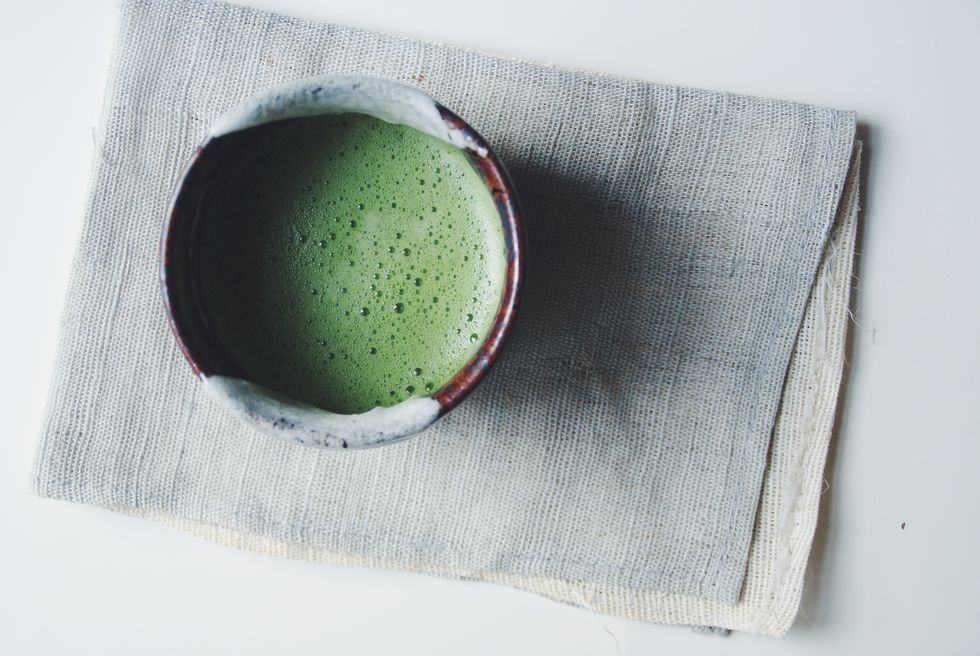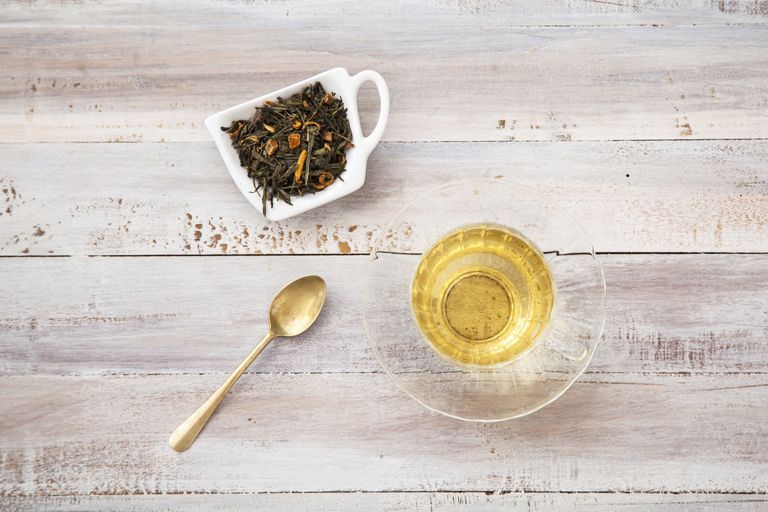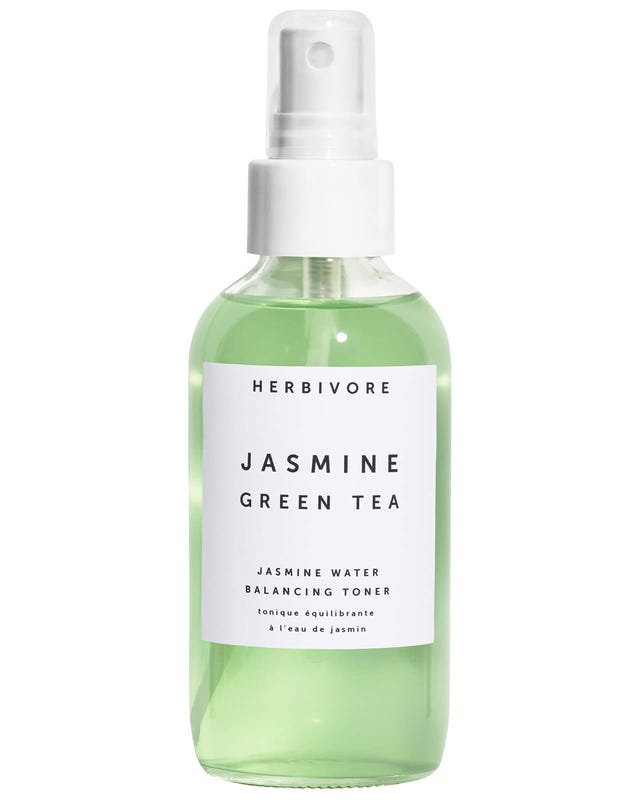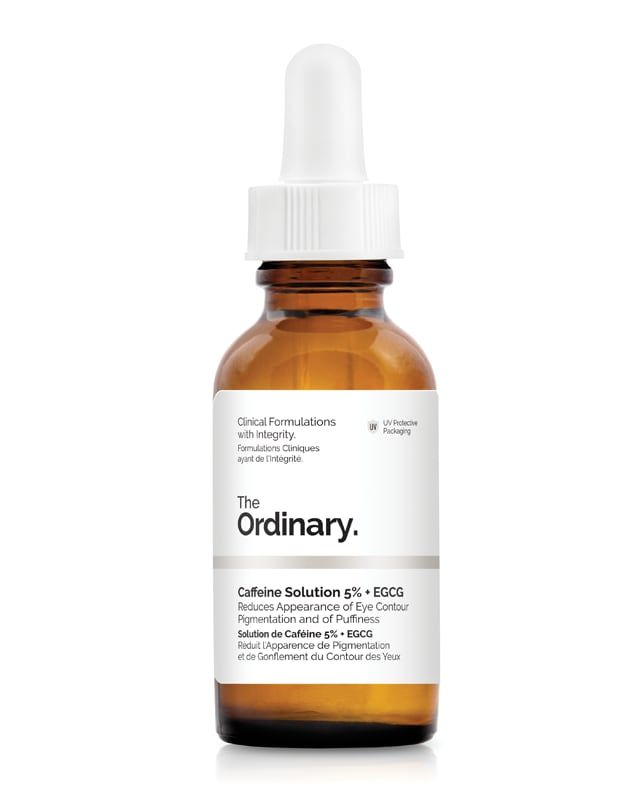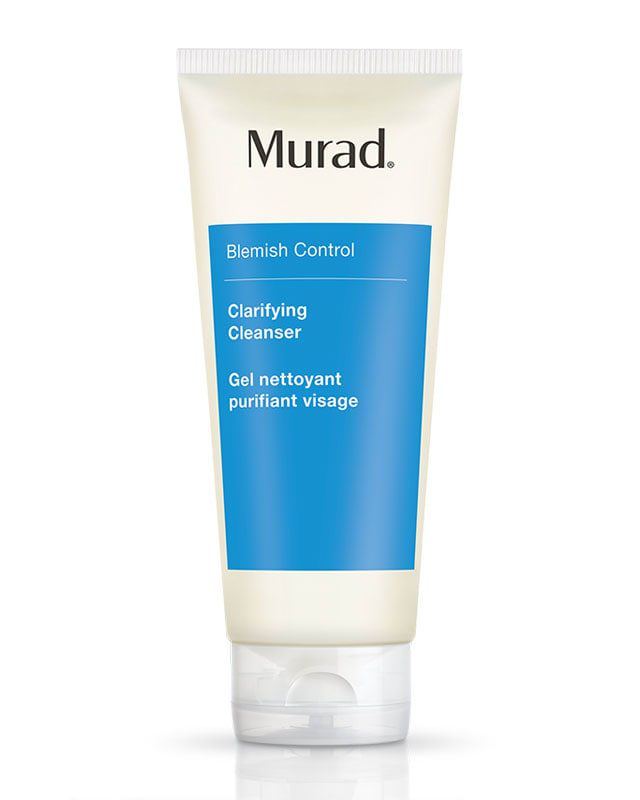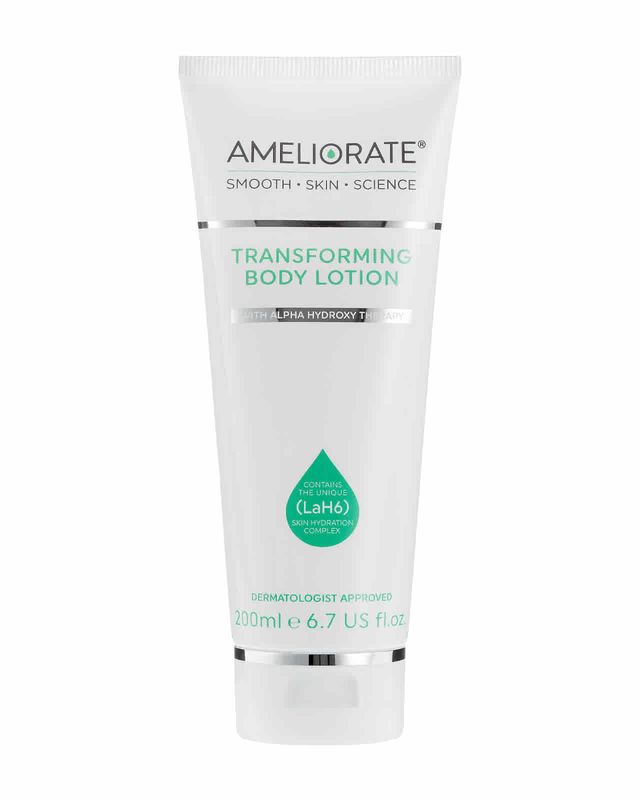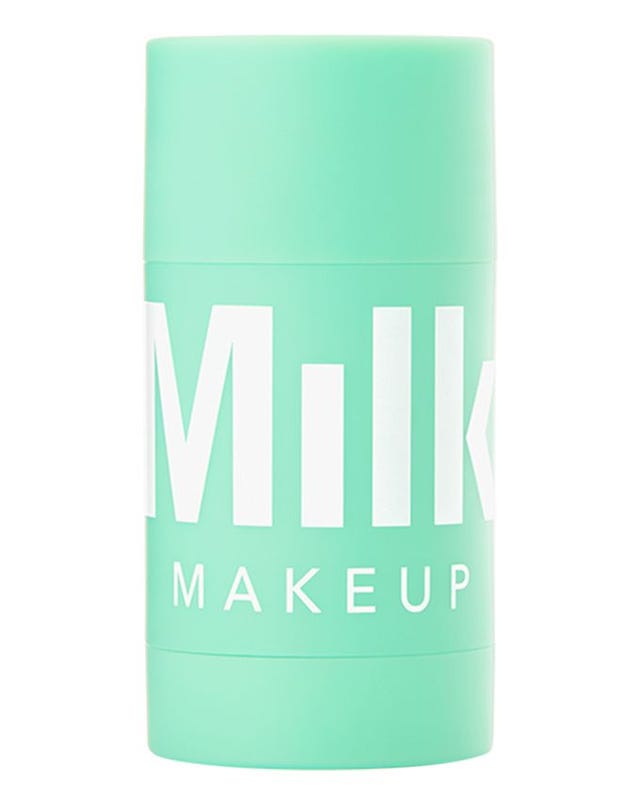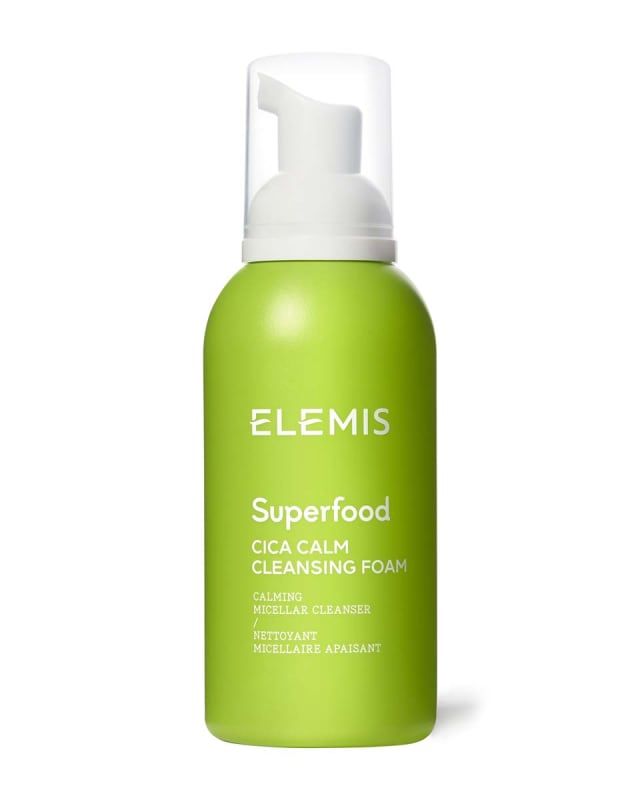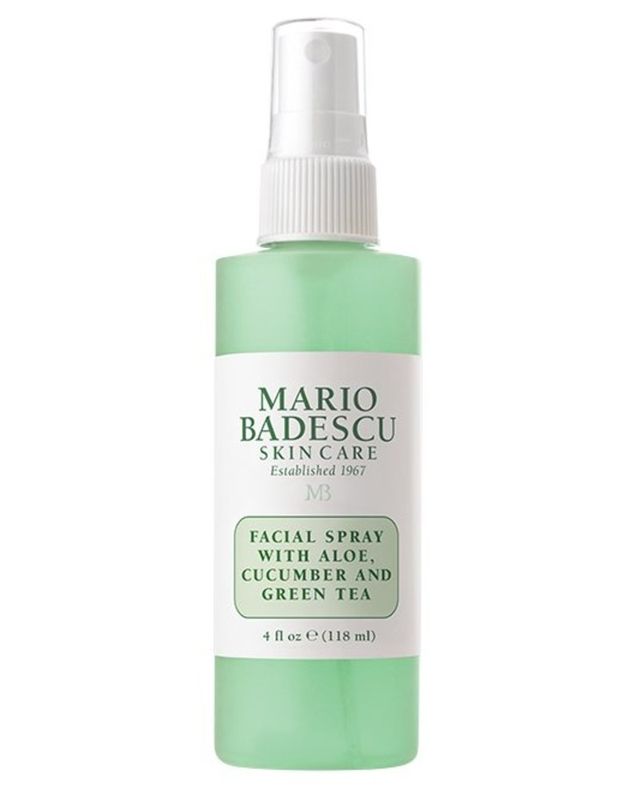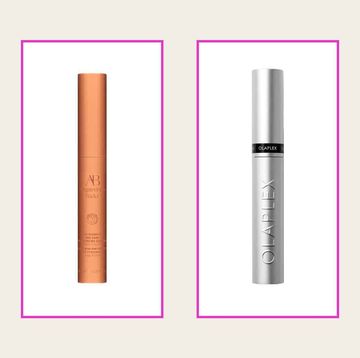Herbal health drinks are nothing new to us. From coconut water and cactus juice, to birch water and celery juice, you could practically drown yourself in options.
However, there is one healthy drink that has stood test of time and it's not as fancy (or expensive) as you might think.
In the Far East, green tea has been used in traditional Chinese medicine for many a millennium using it to treat a range of ailments from depression to headaches and arthritis. It's even been claimed that a cup of green tea can boost protection against dementia and even aid weight loss. But are the rumours true?
Is green tea really as powerful as its claimed to be?
What is green tea and why is it different to normal tea?
There are several types of tea, but did you know they're all made from the leaves of the same species of tea plant? The difference between white, green, or black tea is down to the level of oxidation in the leaves.
Here's the science part:
- White tea consists of young, barely oxidised tea leaves, thus remains light in colour.
- Black tea has been fully oxidised so the leaves are dark and the flavour is stronger.
- Green tea however, is produced by steaming freshly picked leaves which leaves little time for oxidation. As a result, it retains chlorophyll levels and its natural green colour.
'Through the oxidisation process, the chlorophyll and various polyphenols in the leaves of the Camellia plant break down. The ultimate difference in the benefits of green tea and black tea is due to the lack of oxidation for the tea that is processed for green tea,' explains Clinical Herbalist and Founder of Olamina Botanicals, Jess Turner.
What are the benefits of green tea?
With over 450 organic substances in it, the nutritional value of green tea is through the roof.
- Prevent cellular damage leading to cancer and ageing
- Maintains a healthy cardiovascular system
- Good for digestive health
- Improve cholesterol levels
The most beneficial nutrients in green tea are polyphenols - micro chemical nutrients that are found in natural plant food sources. The polyphenols in green tea contain powerful antioxidants that work to neutralise the components that cause damage to the body.
As Turner explains, 'green tea is anti-inflammatory, has been shown to be immuno-modulating, lower blood pressure and reduce the risk of stroke and coronary disease. Additionally, green tea is anti-oxidant, effective against certain viral infections and may protect against neurogenerative diseases.
'It contains flavonoids and other free radical scavengers that help protect cells against damage caused by unstable molecules, called free radicals, that accumulate in cells and damage other molecules. This damage can lead to cancer and other types of disease.'
Green tea has also been alleged to help improve cholesterol levels and protect against the nerve cell damage associated with dementia and Alzheimers. Although these studies do not conclusively show that green tea is the cure, the fact that it has continued to be drunk for thousands of years should not be ignored.
By actively drinking more green tea and swapping out that 9am coffee, not only are you upping your fluid intake but you're also replacing less-healthy highly caffeinated and sugary drinks that you may have drunk in its place.
It's not completely guilt-free though. Green tea does contain some caffeine but it's a very low level, usually about 1% - at least a third less than a cup of coffee.
What are the benefits of green tea for your skin?
Like with most things, anything that's good for your insides will have glow-boosting, skin-soothing benefits.
'Research has established that topical application of green tea leaves or extracts have many benefits for skin,' says skincare expert Paula Begoun, 'including anti-ageing properties.' The antioxidants soothe skin from things like sun damage, and caffeine will help to fight free radicals.
When should you drink green tea?
As green tea does contain caffeine, it's best to drink it when you need the energy boost the most, in the morning. Even switch it up instead of your morning cup of Joe to be extra healthy.
But, just like with coffee, it's key not to over do it. 'As little as one cup of green tea per day should be sufficient to see benefits. I would limit consumption to three cups per day, maximum,' advises Turner.
If you find caffeine doesn't agree with you, green tea might be a good alternative but it's best to approach with caution.
'Green tea can be difficult for folks with sensitive stomachs and can be drying, so people with a dry constitution should be cautious about their intake,' continues Turner. 'On the other hand, because of its astringent properties, green tea has been used as a remedy for diarrhoea for hundreds of years. People dealing with this can use it as a strategy for treatment of diarrhoea' explains Turner.
Our advice? Drink it, wear it, spray it on. The benefits are too good to miss.
Like this article? Sign up to our newsletter to get more articles like this delivered straight to your inbox.
In need of more inspiration, thoughtful journalism and at-home beauty tips? Subscribe to ELLE's print magazine today! SUBSCRIBE HERE
